This is the final installment in a five-week series of short articles designed to help you bring year-round color to your yard. Planning a landscape can be a daunting task–we hope that this series can help offer some suggestions for planning your yard. Check out our blog for the previous four installments–enjoy!
Over the last month, we’ve covered all four seasons with ideas to provide color and interest in your garden. Hopefully you’ve gleaned a few ideas that can help with planning your yard to extend color beyond just spring and summer.
Often, evergreens are thought of as drab, boring shrubs, and sadly, given the settings many people see them in, I understand that sentiment. Like the story I told in the first installment of this series, some people tend to swing too far in the opposite direction of the lady my wife and I bought our house from–they go to all evergreens, and all plain old green ones at that. But here are a few options that I’ve chosen for my yard to add interest and structure:
- Blue Star Juniper (beautiful gray-blue evergreen foliage)
- Dwarf Hinoki Cypress (bright green new growth in spring; slow-growing shrub adds unique texture to garden)
- Dwarf Korean Fir (slow-growing, compact shrub with very tight foliage and silvery new buds in spring)
- Helleri Japanese Holly (very dwarf evergreen shrub that creates a low mound just a foot tall)
- Heuchera (really a perennial, but holds its leaves year round for great color in any shade of the rainbow!)
- Irish Gold Yew (brightest in spring, but golden needles add color year-round)
- Rheingold Cedar (small tuffet of golden foliage that turns bronze in winter)
- Sky Pencil Japanese Holly (boxwood-like leaves with narrow, upright growth–great for adding height to a small space)
- Slowmound Dwarf Mugo Pine (extremely slow-growing mugo pine grows to just 1-2′ in 10 years)
This year, we’re excited to begin working with Iseli Nursery at Vander Giessen’s–and if anyone knows about great options in evergreen color, they do. Check out some of what they carry at Vander Giessen’s, or for some inspiration, check out the Conifer Lover’s blog.
We hope that this series has given you a little bit more insight into how to create a four-seasons garden at your home. Certainly, there are hundreds of other options in plants you could use–and be brave, try some out!–but if you’re running stuck wondering where to begin, we hope to have been some help. Stop in at Vander Giessen’s to learn more about four seasons of garden interest or to see some of these plants for yourself–and have fun![/fusion_builder_column][/fusion_builder_row][/fusion_builder_container]


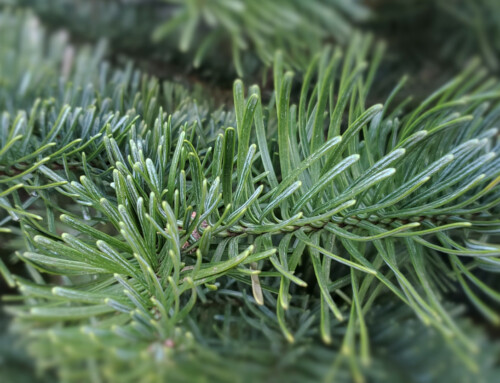
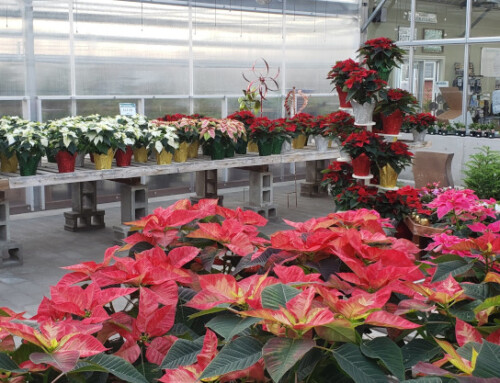
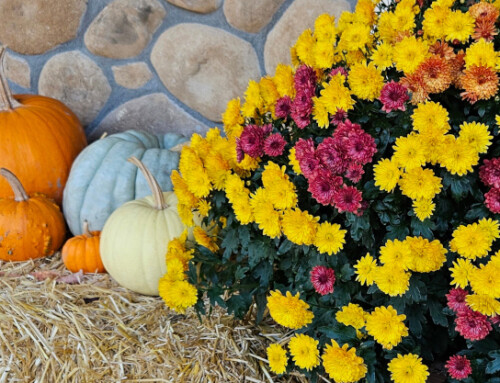
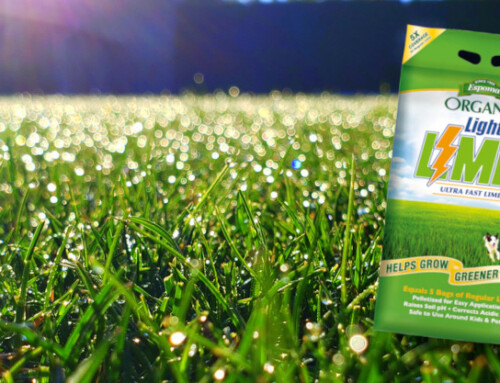
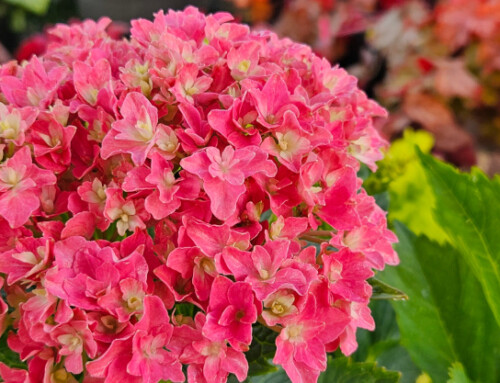
Leave A Comment